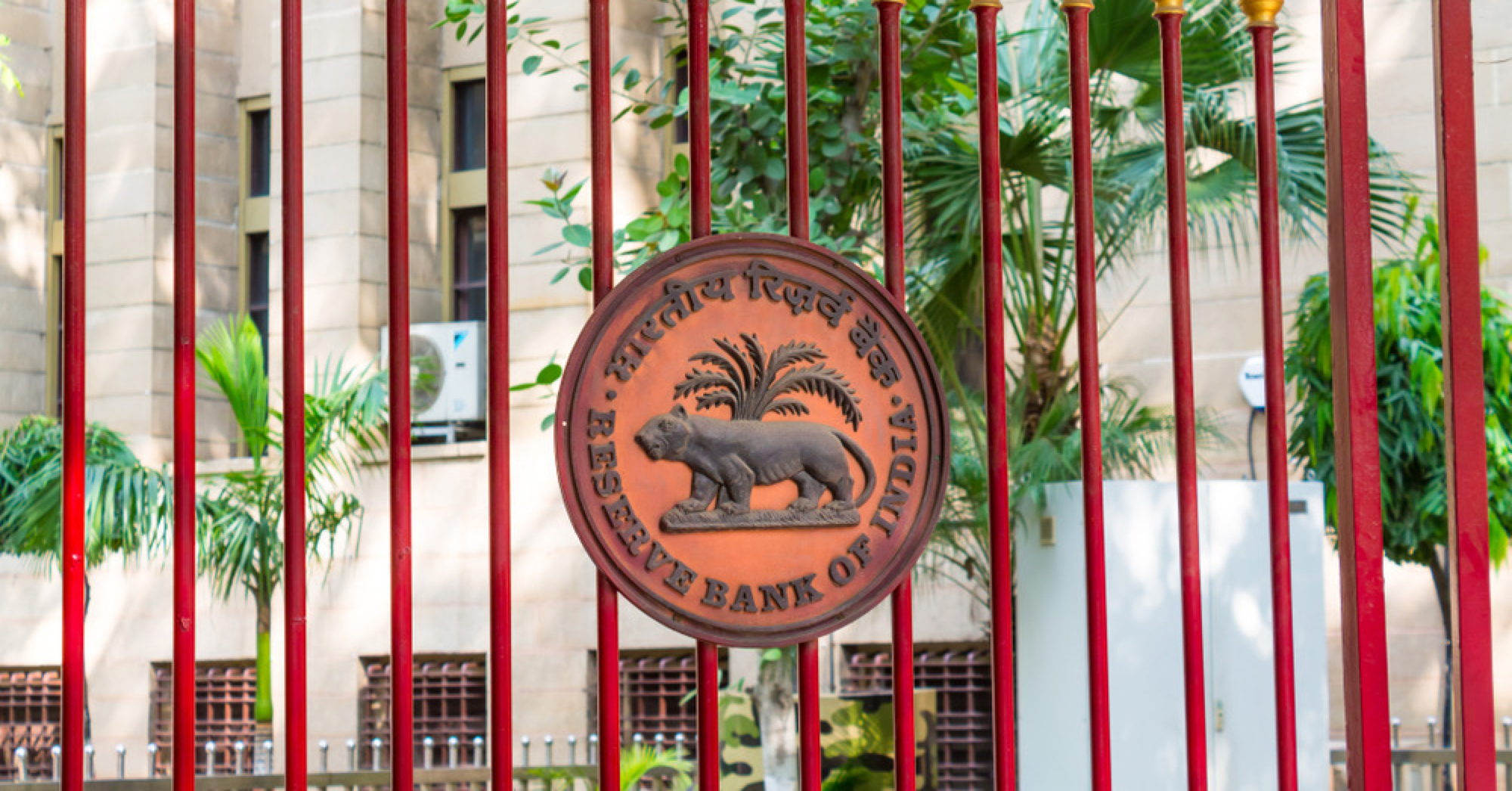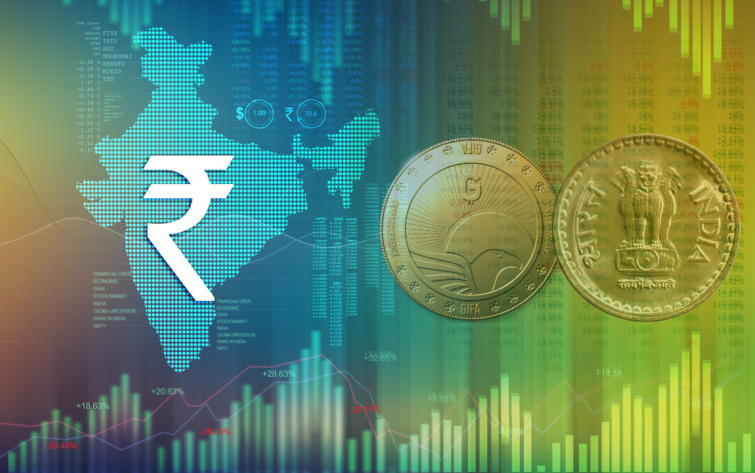GIFA Token—The Reserve Bank of India (RBI) on Monday came out strongly with an important clarification on cryptocurrency trade and investmen...
GIFA Token—The Reserve Bank of India (RBI) on Monday came out strongly with an important clarification on cryptocurrency trade and investment in the country.
India is a country with a 1.366 billion population with a strong focus on information and technology, realizing that it is a key element for economic growth. India is among the top countries in the world in the field of scientific research and positioned as one of the top five nations in fintech development.
For such reasons that contribute to the pressure, all Indians inclined toward the digitalization and utilization of blockchain technology and the majority already adopted cryptocurrency. We should state here further that, 65% of people in India are supporting cryptocurrency and now celebrating the good news with cheers after the central bank stated that crypto trading isn't banned in the country.
The central bank said that banks can no longer refer to the April 2018 circular to caution their customers against trading in cryptocurrencies and then asked all commercial and cooperative banks, payments banks, NBFCs, small finance banks, and payment system providers to stop mentioning its circular crypto ban as “no longer valid” to deny services to customers who involved in digital assets dealings.
It said given the order of the SC, the RBI's 2018 circular is no longer valid from the date of its judgment on the matter, and therefore, can't be cited or quoted from. India’s Supreme Court lifted the crypto ban in 2020 a year ago, but the order was overlooked and banks acted as nothing has happened.
In relief for the crypto community, the Reserve Bank of India (RBI) issued the statement addressing commercial banks that cannot quote its now-invalid April 2018 crypto circular. The RBI wrote:
“It has come to our attention through media reports that certain banks/regulated entities have cautioned their customers against dealing in virtual currencies by making a reference to the RBI circular dated April 06, 2018,” the RBI said in a circular released Monday. “Such references to the above circular by banks/regulated entities are not in order as this circular was set aside by the Hon’ble Supreme Court on March 4, 2020.”
- RBI has advised banks to stop mentioning its “no longer valid” crypto ban quote.
- Some banks still restrict users on crypto transactions.
The RBI order follows local media reports that financial firms, including SBI Cards & Payment Services Ltd., one of India's biggest credit card issuers, and the nation's largest private-sector bank HDFC Bank Ltd. Had cautioned customers against dealing in virtual currencies.
The regulator late on Monday told banks not to cite a 2018 central bank circular as a reason to hinder crypto trades. The 2018 note had forbidden banks from facilitating such transactions but has since been struck down by the Supreme Court.
Banks must continue with other routine due diligence measures on the deals, the RBI said. "The circular is no longer valid from the date of the Supreme Court judgment, and therefore cannot be cited or quoted from," the RBI said. While creating a solid framework for cryptos will need more time, RBI's clarification is a big step in that direction.
 |
| The front gate of the Reserve Bank of India, a regulatory body under the jurisdiction of the Ministry of Finance. / Shutterstock |
"Investing in crypto has always been 100 per cent legal in India and the new RBI circular clearly confirms the right to do business with crypto firms," said Avinash Shekhar, co-Chief Executive Officer at ZebPay, India's oldest crypto exchange. He added that the relief of the crypto ban will attract more investors to virtual currencies.
Many Indian investors welcoming the good news with cheers, now knowing that crypto trading isn't banned in the country. The Reserve Bank of India's clarification that cryptocurrency trading is permitted in India. Monday's news at least gave relief for the community that constantly facing push-back and threats from traditional lenders who needed to help settle these deals and transctions.
The RBI urged banks and other payment service providers to continue rendering services to customers as they deserve and continue their due diligence based on other regulations, such as Know Your Customer, Anti-Money Laundering, Combating of Financing of Terrorism, and Prevention of Money Laundering Act, PMTA. Most banks handle crypto-related issues as a hot issue due to the position of the Indian government on the business of digital assets.
The future of India’s cryptocurrency situation will be determined by the Cryptocurrency and Regulation of Official Digital Currency Bill, 2021. India’s Parliament had scheduled the legislation for its budget session in March but got deferred for reasons not made public.
GIFA Token open trade for Indian users
This is a very positive development for the whole industry not only in India but the rest of the crypto world. There was a lot of confusion among users in India about whether they can still buy or own their digital assets. The final notification from India's Reserve Bank has made it even clear. The Northern Cyprus-based exchange termed it as "positive news from the RBI."
Indian users want to explore the opportunity to invest in GIFA Token and other cryptocurrencies. Even as everyone grapples with the constant rise and dip in market price, many see it as an investment opportunity that may provide better returns than conventional financial instruments. The golden token's value is pegged on USD and backed by other physical assets. The stable nonfungible token guarantees users the value of their cryptocurrency.
It’s important to keep track of prices so you know the value of your crypto portfolio, and people who are planning to invest should always know what the value of their currency is — for example, today’s Bitcoin price is ₹26,38,853, while Ethereum is currently selling for ₹1,88,195, Litecoin is trading at ₹13,072 and GIFA Token will cost you ₹762,75 to buy one unit.








